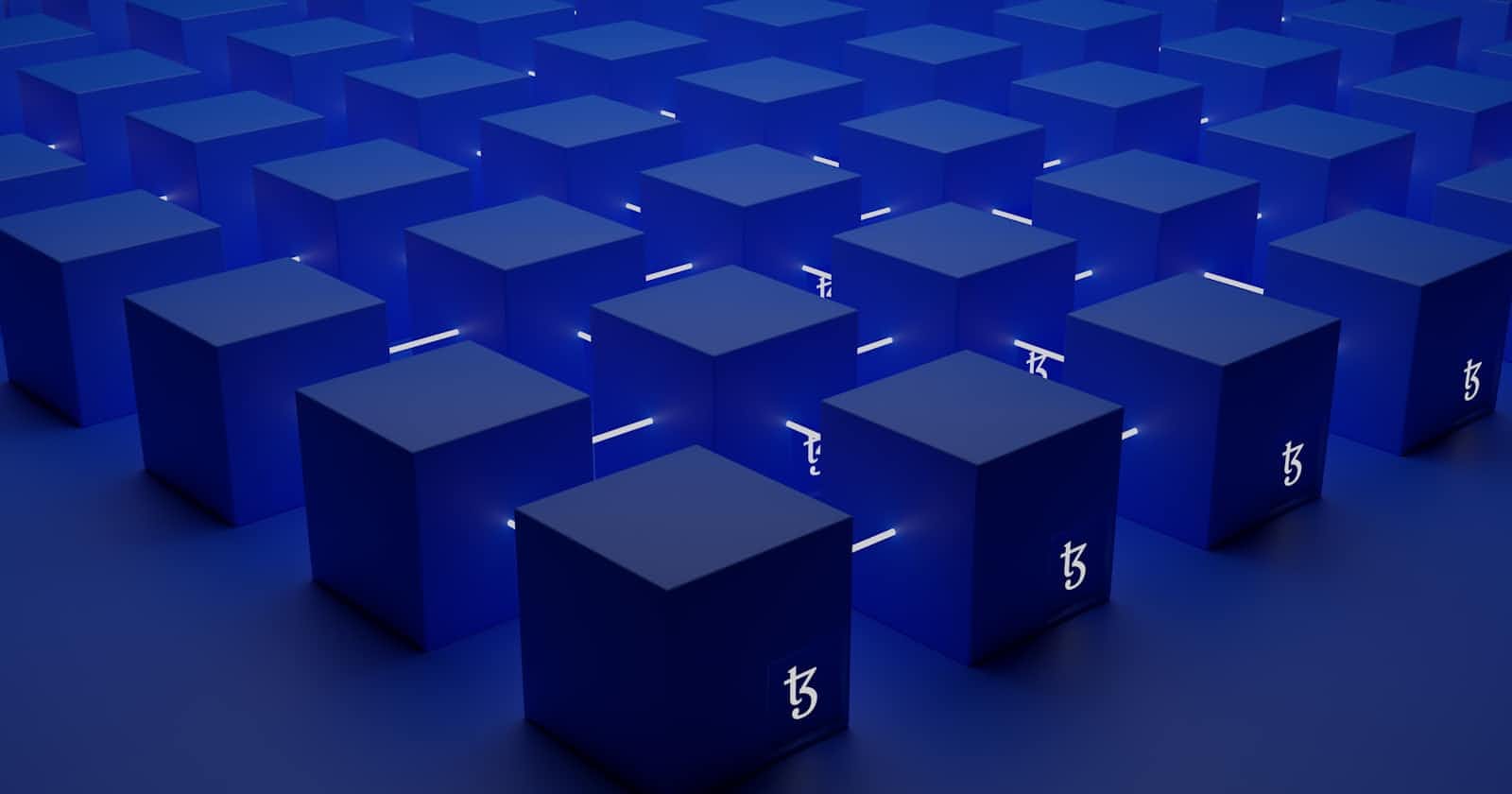
Understanding Blockchain: Your Ultimate Beginner's Guide
Demystifying Blockchain
Welcome to the world of blockchain, where technology meets innovation to transform how we exchange value and trust online. Whether you're just starting your journey or looking to deepen your understanding, this guide will walk you through the basics of blockchain in a way that's easy to grasp yet insightful for all levels.
What Exactly is Blockchain?
Think of blockchain as a digital ledger, or a record-keeping system, that's shared among many computers, called nodes. Each piece of information, like a transaction, is stored in a block, and these blocks are linked together in a chain – hence the name "blockchain."
Key Ideas Made Simple
Decentralization: Unlike traditional systems where one central authority controls everything, blockchain operates on a network of computers spread worldwide. This decentralized setup makes it hard for anyone to control or manipulate the data, making transactions more transparent and secure.
Immutable Records: Once something is written into a block on the blockchain, it's there forever. This immutability ensures that transactions cannot be changed or tampered with, adding a layer of trust to the system.
Consensus: For a transaction to be added to the blockchain, all the computers in the network need to agree that it's valid. This agreement process, called consensus, ensures that everyone is on the same page and prevents fraud or double-spending.
Practical Applications
Blockchain isn't just about cryptocurrencies; it has real-world uses that can transform various industries:
Supply Chain Transparency: Imagine being able to trace the journey of a product from its origin to your hands. Blockchain enables exactly that, providing transparency and accountability in supply chains, which helps combat counterfeiting and ensures ethical sourcing.
Digital Identity: With blockchain, you can have a digital identity that's secure and under your control. This means you decide who gets access to your personal information, reducing the risk of identity theft and giving you more privacy online.
Smart Contracts: These are like digital contracts that automatically execute when certain conditions are met. They eliminate the need for intermediaries, making transactions faster, cheaper, and more efficient.
What's Next?
Blockchain is still a young technology with endless possibilities. In future articles, we'll explore more advanced concepts, dive into specific use cases, and discuss the potential impact blockchain could have on our lives.
So, whether you're just dipping your toes into the world of blockchain or looking to expand your knowledge, stay tuned as we uncover the secrets of this groundbreaking technology together!
